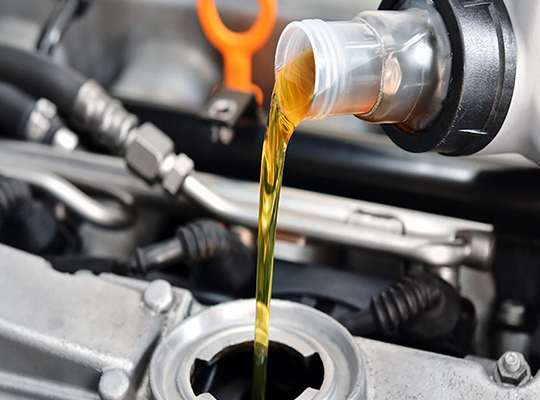Cars are designed to be as safe as possible. But when it comes to your brakes, not all cars are created equal.
It’s a fact that European cars are manufactured with more powerful braking capabilities. This is because roads around Europe can be so diverse. From the extreme cold of the northern winters, to the baking southern summer heat, European cars need to operate in often wildly different temperatures.
Legislation was even put into place in 1999 that sets strict standards for the design, construction, and performance of brakes in European cars.
So let’s take a look at what makes the braking performance better in European cars.
They’re designed to withstand colder temperatures and harsher environments
The brakes on European cars are made to withstand the typical conditions of European roads—which means operating in drastically different seasons.
Critically, they’re made to withstand the cold continental winters, and operate in the most extreme temperatures, all the way down to -50°C. Conversely, they’re built to continue working as pressure mounts, and retain adequate braking friction all the way up to 800°C—and a staggering 4,000°C in ‘hot spots’.
And with the change in temperatures come the conditions. European brake pads are designed to operate smoothly and efficiently, with in-built resistance to common materials found on roads, whether it’s water and fuel residue, or brake fluid, road salt, and more.
Additional brake pad sensors add another layer of safety
As well as being built for more extreme conditions, European cars come equipped as standard with electronic brake pad sensors that cleverly measure how much your brakes are wearing.
It’s a relatively simple mechanism. Mounted to the brake pad with a clip, or in some cases molded into the brake pad itself, the sensor is a small loop of wire that’s attached to the pad and routed through to a display on your dashboard. This wire carries a small electrical current.
Once the brake pad wears down to a certain point, the wire then starts to rub against the wheel rotor. When the wire eventually wears out and breaks, this breaks the current, causing the sensor light on your dashboard to light up, alerting you that it’s time to purchase a replacement set of brake pads.
Some more modern cars even have what’s known as a two-stage sensor. These sensors are attached to your car’s computer, and by measuring a combination of your mileage, speed, brake pressure, and temperature, are able to estimate the life left in your brake pads. This information is then displayed on your dashboard.
They’re manufactured to be smooth and quiet
You might think that all brakes are designed to be smooth and quiet. And for the most part, this is true. But European brake pads are designed to deliver optimum performance, even when travelling at high speeds.
To achieve this, European brake pads are typically manufactured with a softer material than in other countries. This ensures they clamp down with more bite, delivering a smoother and quieter braking experience.
This softer material means that they don’t smoke, or let off unpleasant burning smells. There may be a little brake pad dust that builds up over time—but it’s nothing compared to smoking, burning brakes.
High-performance materials make them even smoother
A relatively recent addition to the European car scene are carbon ceramic brakes. They’ve been standard in Ferraris since 2008, but are now becoming a popular add-on for other European cars.
Carbon ceramic brake discs are made from a mixture of powders, resins, and fibres, covered with a ceramic layer.
This is a material made for high performance. The ceramic coating works to quickly dissipate the heat created through any braking friction, meaning they operate more efficiently—and even reduce braking distance.
However, these are performance-spec parts, and they do come at a significantly higher price.
Trust your European car service to the experts
When the brake pads on your Volkswagen, Audi, or Skoda start to wear, make sure you replace them as soon as possible.
But don’t settle for second best.
Elite Euro are experts in European car services, and we deal purely in European car makes and models. Get in touch with us or give us a call on (08) 9309 3636 to book in a service and replacement for your brake pads.




